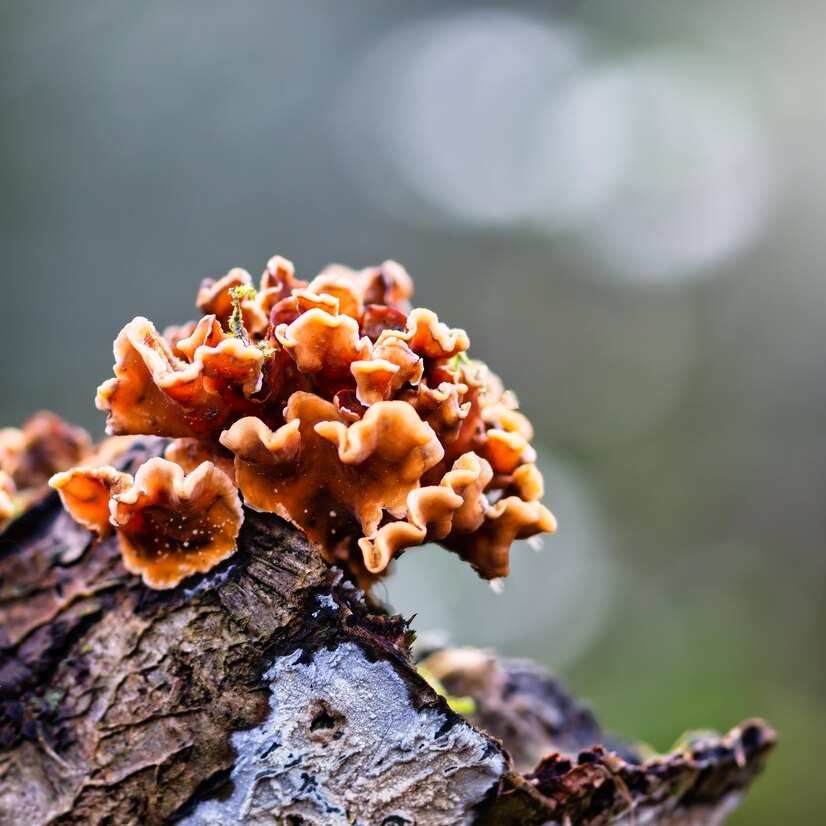
Mushroom on Health 23: Medicinal Mushrooms in Traditional Medicine
Medicinal mushrooms have been used in traditional medicine for centuries, and their therapeutic properties are now being recognized by modern science. These mushrooms, also known as functional mushrooms, are packed with bioactive compounds that can support overall health and well-being. In this blog post, we will explore the role of medicinal mushrooms in traditional medicine and how they can benefit your health.
What are medicinal mushrooms?
Medicinal mushrooms are a group of fungi that have been used in traditional medicine systems, such as Traditional Chinese Medicine (TCM) and Ayurveda, for their health-promoting properties. These mushrooms contain various bioactive compounds, including polysaccharides, terpenoids, and phenolic compounds, which contribute to their therapeutic effects.
How are medicinal mushrooms used in traditional medicine?
In traditional medicine, medicinal mushrooms are typically consumed as teas, tinctures, or extracts. They can also be used in culinary preparations, such as soups and stir-fries. Each mushroom has its unique properties and is used to target specific health conditions.
What are the health benefits of medicinal mushrooms?
Medicinal mushrooms have a wide range of health benefits. They have been shown to support immune function, reduce inflammation, and improve cognitive function. Some mushrooms, such as Reishi and Cordyceps, have adaptogenic properties, which means they can help the body adapt to stress and promote overall well-being.
Which medicinal mushrooms are commonly used in traditional medicine?
Several medicinal mushrooms are commonly used in traditional medicine. Here are a few examples:
1. Reishi (Ganoderma lucidum)
Reishi is known as the "mushroom of immortality" in traditional Chinese medicine. It is believed to support longevity, boost the immune system, and promote relaxation.
2. Chaga (Inonotus obliquus)
Chaga is highly valued in Siberian and Russian traditional medicine. It is rich in antioxidants and has been used to support immune function and promote overall health.
3. Lion's Mane (Hericium erinaceus)
Lion's Mane is known for its potential cognitive benefits. It has been used in traditional medicine to support brain health, memory, and focus.
4. Shiitake (Lentinula edodes)
Shiitake mushrooms are widely used in Asian cuisine and traditional medicine. They are rich in nutrients and have been shown to support immune function and cardiovascular health.
Are there any risks or side effects?
While medicinal mushrooms are generally safe for most people, it's important to consult with a healthcare professional before incorporating them into your routine, especially if you have any underlying health conditions or are taking medications. Some mushrooms may interact with certain medications or have potential side effects.
The bottom line
Medicinal mushrooms have a long history of use in traditional medicine and are now gaining recognition for their health benefits. Whether you're looking to support your immune system, reduce inflammation, or improve cognitive function, incorporating medicinal mushrooms into your routine may be worth considering. Just remember to consult with a healthcare professional to ensure they are safe and appropriate for you.
